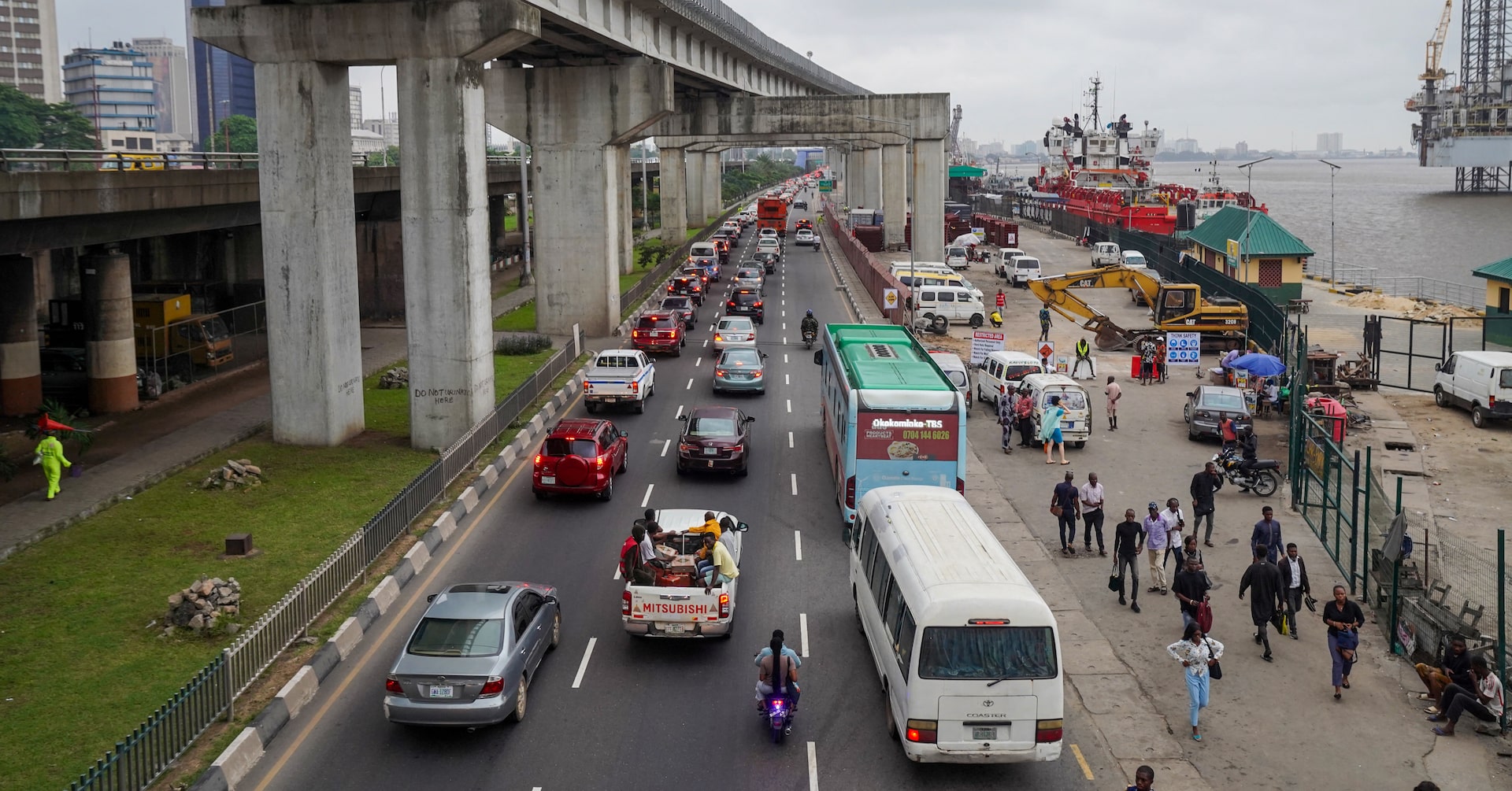Infrastructure Boost: Nigeria Secures $652M Chinese Loan to Revamp National Roadways

Nigeria has greenlit a substantial $652 million financing agreement with China Exim Bank to develop a critical transportation infrastructure project. The new road will strategically connect Lagos, the country's largest city, with its southern states, facilitating smoother movement of goods from the city's key seaport and petroleum refinery.
Public Works Minister Babatunde Fashola announced the project, highlighting its potential to significantly enhance regional economic connectivity and trade efficiency. The infrastructure investment is expected to streamline logistics, reduce transportation costs, and support Nigeria's economic development by creating a more robust transportation network.
The road project represents a strategic collaboration between Nigeria and China, leveraging international financial support to improve the nation's critical transportation infrastructure. By linking Lagos's vital economic zones with southern states, the new roadway promises to unlock economic potential and promote more integrated regional commerce.
